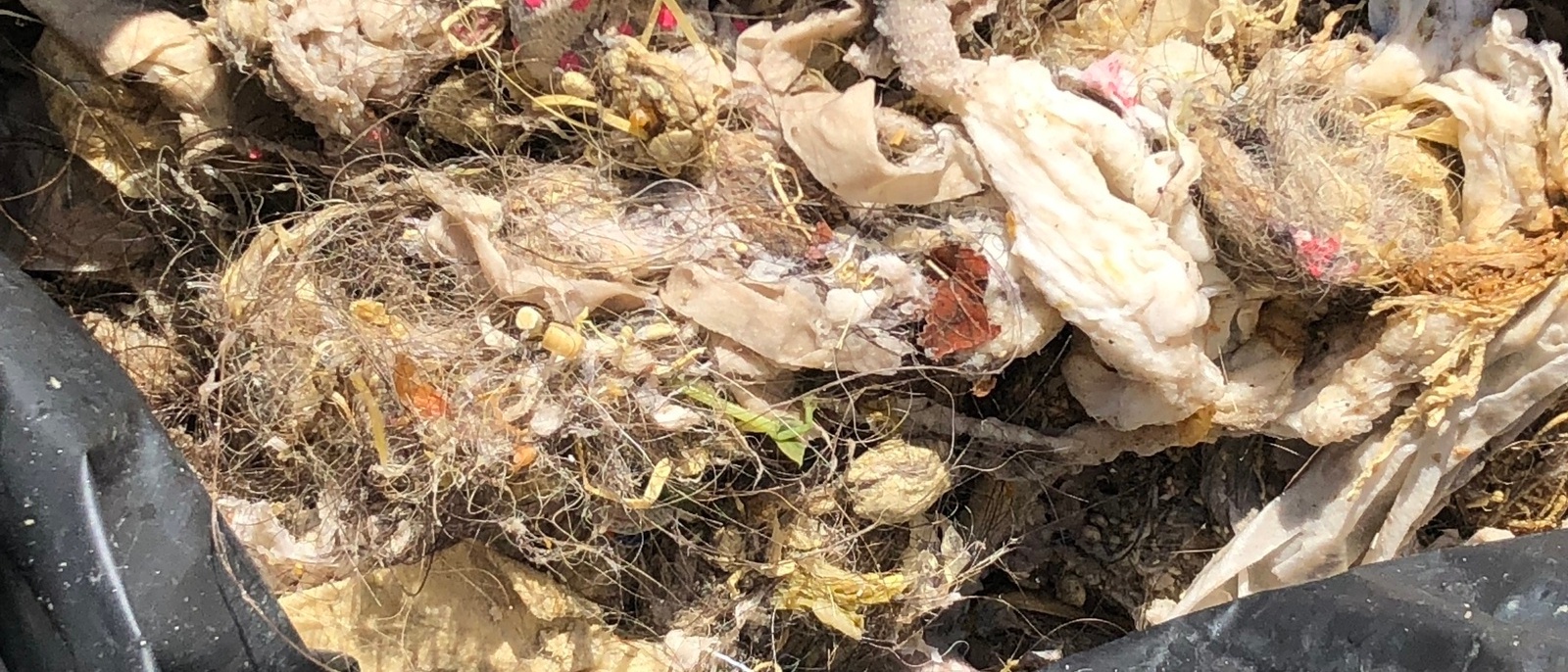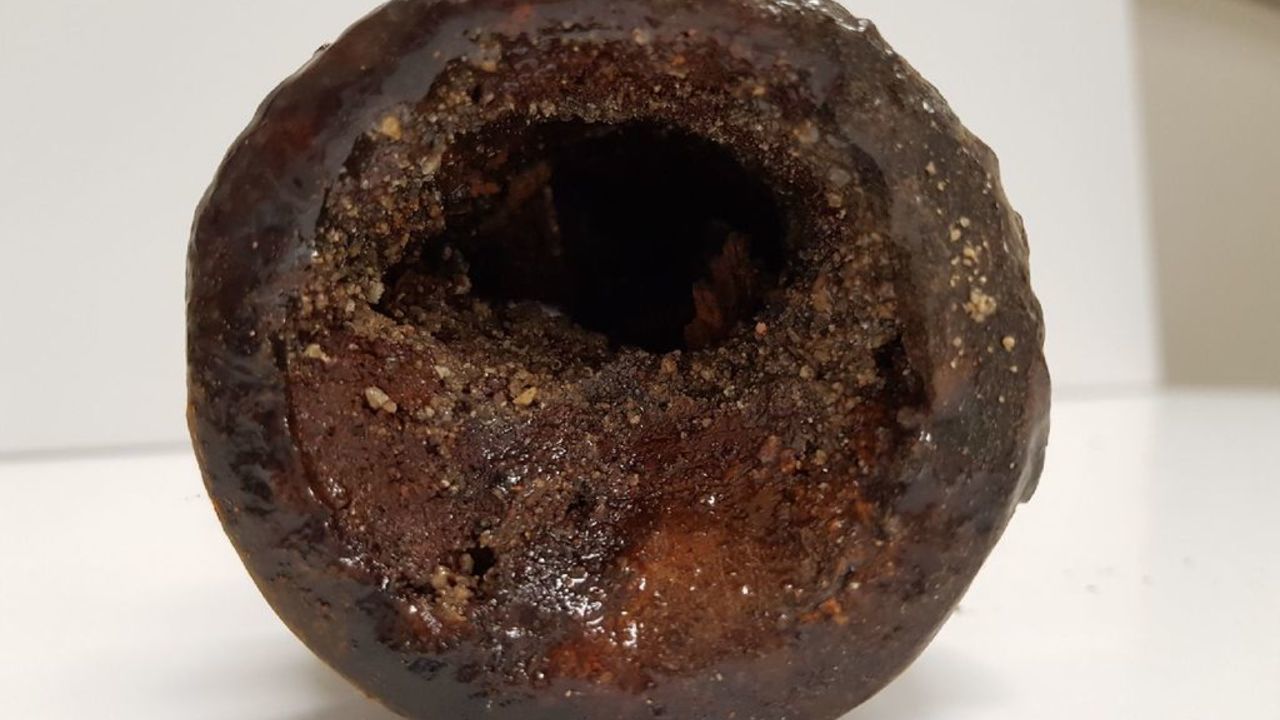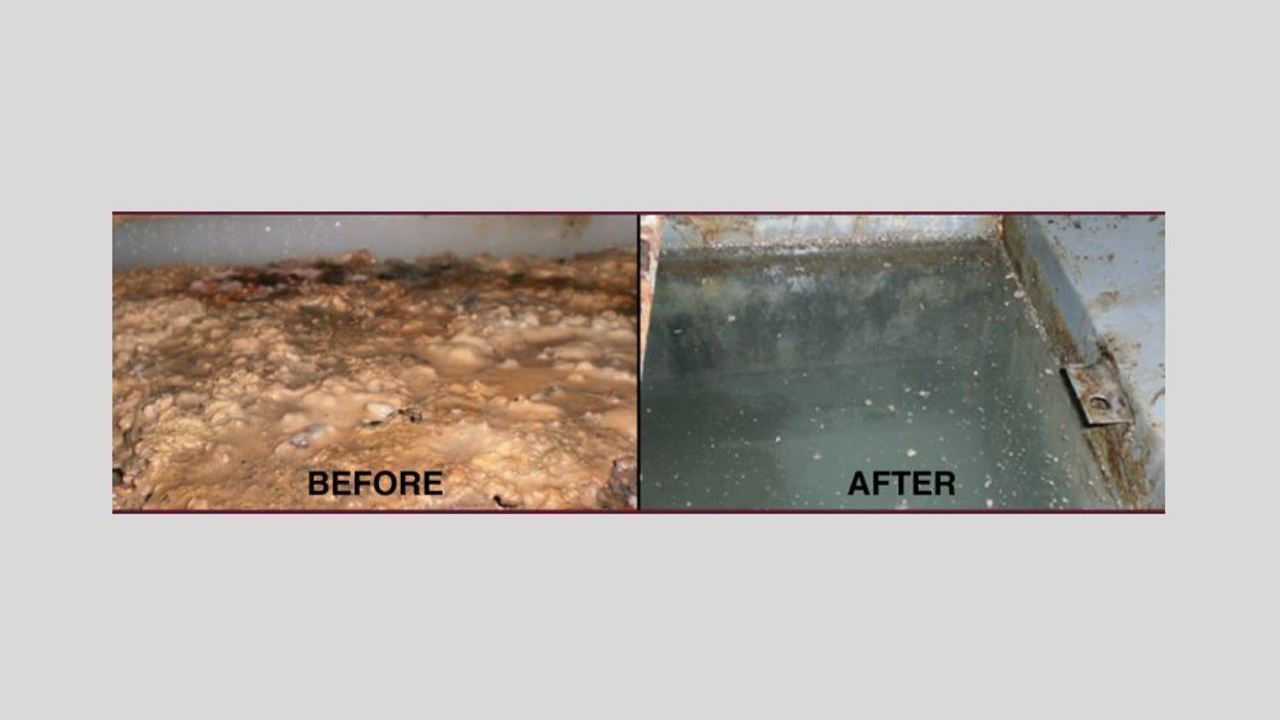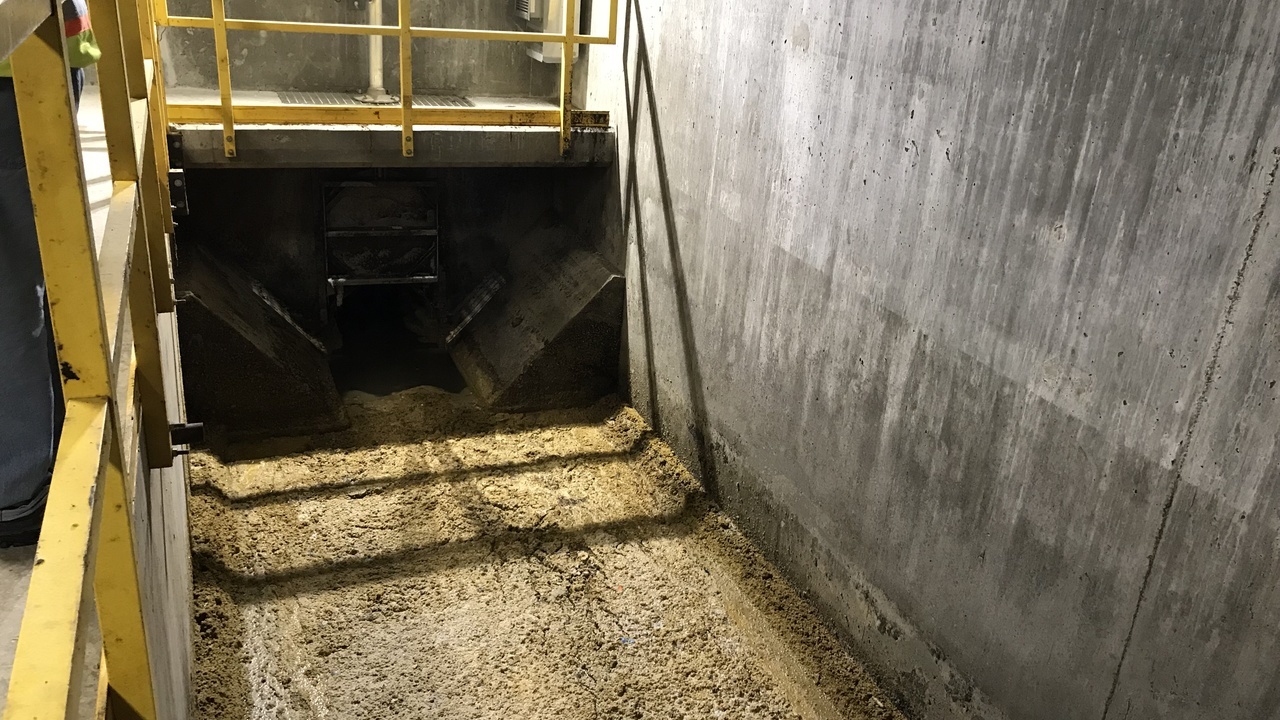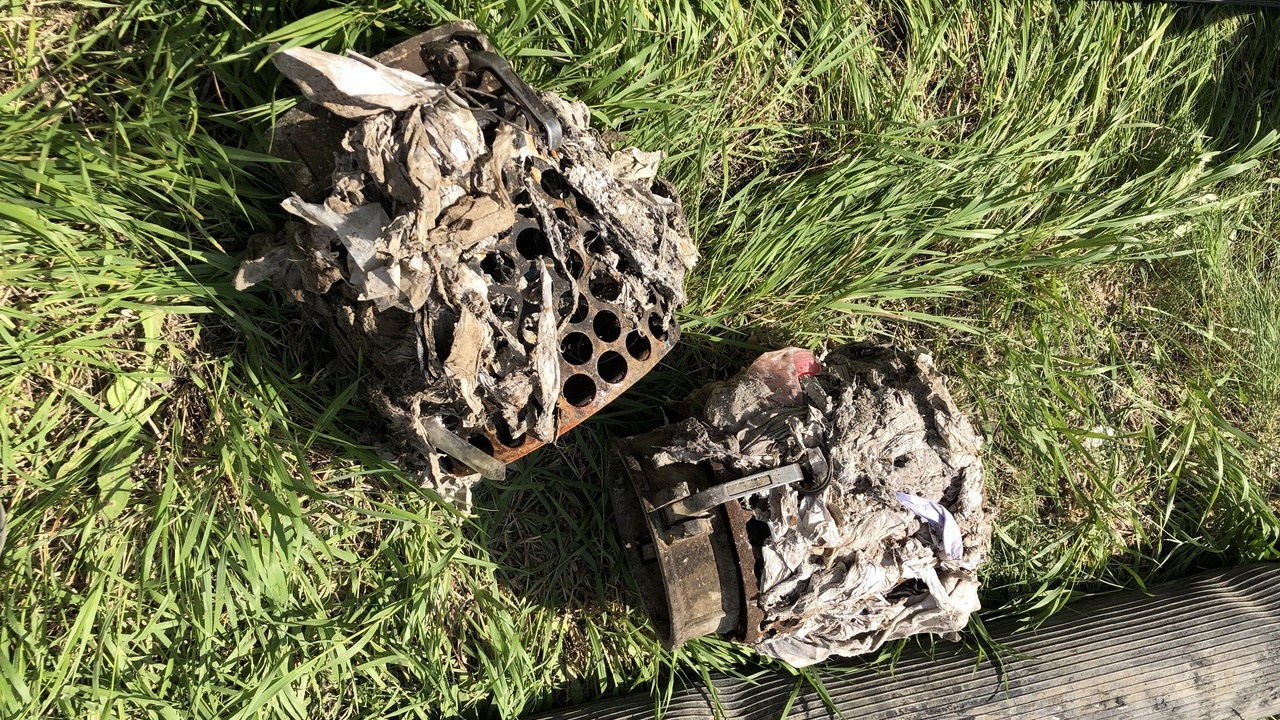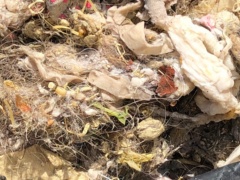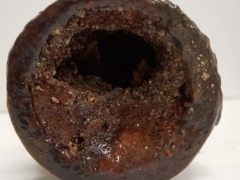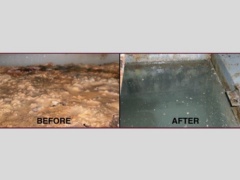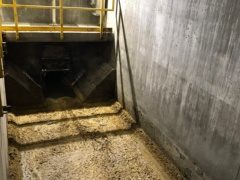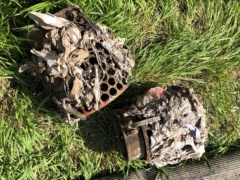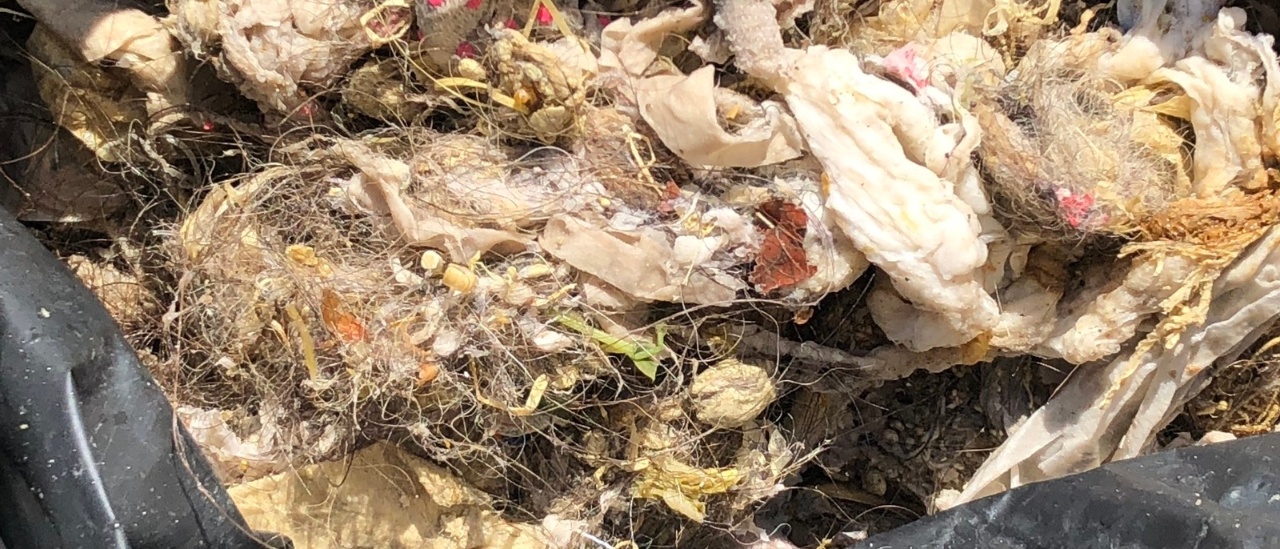Don't Get Stuck with the Yuck
Wastewater is what you flush down the toilet and pour down the drain in your home or business. If the wrong items are going into the sewer system, there is a potential for plumbing issues, increased utility costs and an impact to the environment. Find out what items are not appropriate for flushing into the toilet, draining in a sink, or pouring into a catch basin.
Prevent the Plug
Inappropriate items flushed down the toilet could create plumbing issues for your home’s sewer system. As well, it can impact City’s utility costs as a result of increased maintenance or additional work to clean the wastewater at the treatment plant.
Only flush the 3Ps – pee, poo, paper (toilet paper). Even products marketed as ‘flushable’ can harm the sewer system. Flushing anything other than the 3Ps can damage your home’s sewer system and result in costly repairs. It can also damage the City’s sewer system by clogging pipes with materials that don’t belong and as a result, City crews have to clean or repair the system more frequently.
Put these items in the garbage:
- Menstrual products
- Wipes marked flushable (baby, facial, hand)
- Cleaning rags
- Diapers
- Condoms
- Cotton swabs/cotton balls/Q-tips
- Dental floss
Fats, Oils & Grease (FOG)
Pouring fats, oils and grease down a sink, toilet or shower can cause blockages in your homes sewer system, resulting in sewer backups and costly repairs. The following items can now be disposed of in your Green Cart!
What are fats, oils and grease?
- Butter or margarine
- Shortening
- Lard
- Salad dressings
- Cooking oils
- Olive oils
- Sauces and gravies
- Meat fats
- Milk and cream
- Marinades
- Sandwich spreads
Why is FOG a concern?
When the warm fats, oils or grease are poured down the drain, they cool, harden and stick on the inside of the sewer pipe. This material will build up over time and could block the whole pipe, causing a sewage back up in your home or your neighbourhood.
How should I dispose of FOG?
Before washing pots, pans or dirty dishes, wait for the grease to harden then wipe with paper towel and place in the Green Cart. If fats, oils and grease are in liquid form, let cool and then pour or scrape the material into your Green Cart.
Is it safe to pour grease down the toilet, rather than the sink?
No, all your wastewater from the sinks, showers and toilets leave your home through the same pipe.
Can I pour hot water down the sink to wash away the grease?
No, the hot water just pushes the grease down your pipes cooling along the way accumulating and plugging further down your pipes.
My kitchen sink is draining slowly, but that’s OK. It still drains eventually, so I don’t mind waiting longer for the water to go down.
If your sink is draining slowly, you already have a clogging problem. Don’t wait to fix it, as it can grow to cause damage to your pipes and even cause flooding in your basement.
Do I still need to worry about FOG if I don’t eat meat?
Yes, vegan and vegetarian cooking uses ingredients like coconut oil, nut butters and dressings.
Can I still use my garburator if I rinse it and don’t put grease down?
We recommend not using one at all. The food particles get caught together and build up along the pipes and will plug over time.
Pool & Hot Tub Draining
Pool and hot tub water are filled with harsh maintenance products and chemicals (bromine, chlorine, etc.) that may seriously harm plants, fish, birds and animals when not properly disposed. When pool and hot tub water is emptied into a storm drain, it ends up in our storm channels, ponds and Wascana Creek which is very harmful.
Use an indoor drain
Chlorinated pool and hot tub water may be emptied into the sewer line found in the basement drain of your home or another indoor drain (sink or bathtub) where it will be sent for proper treatment. Using a hose, connect a siphon or pump (usually submersible) to move the water from the pool/hot tub into the indoor drain. Monitor flow to ensure water doesn't back up into your home's sink and shower drains. If back-up does occur, stop and contact a plumber.
Using a storm drain to dispose of treated pool or hot tub water is not permitted. Thank you for your efforts to protect our water and the surrounding environment.
Community Toolkit
A Source Control Toolkit has been created that contains information to help inform residents about avoiding sewer backups.

